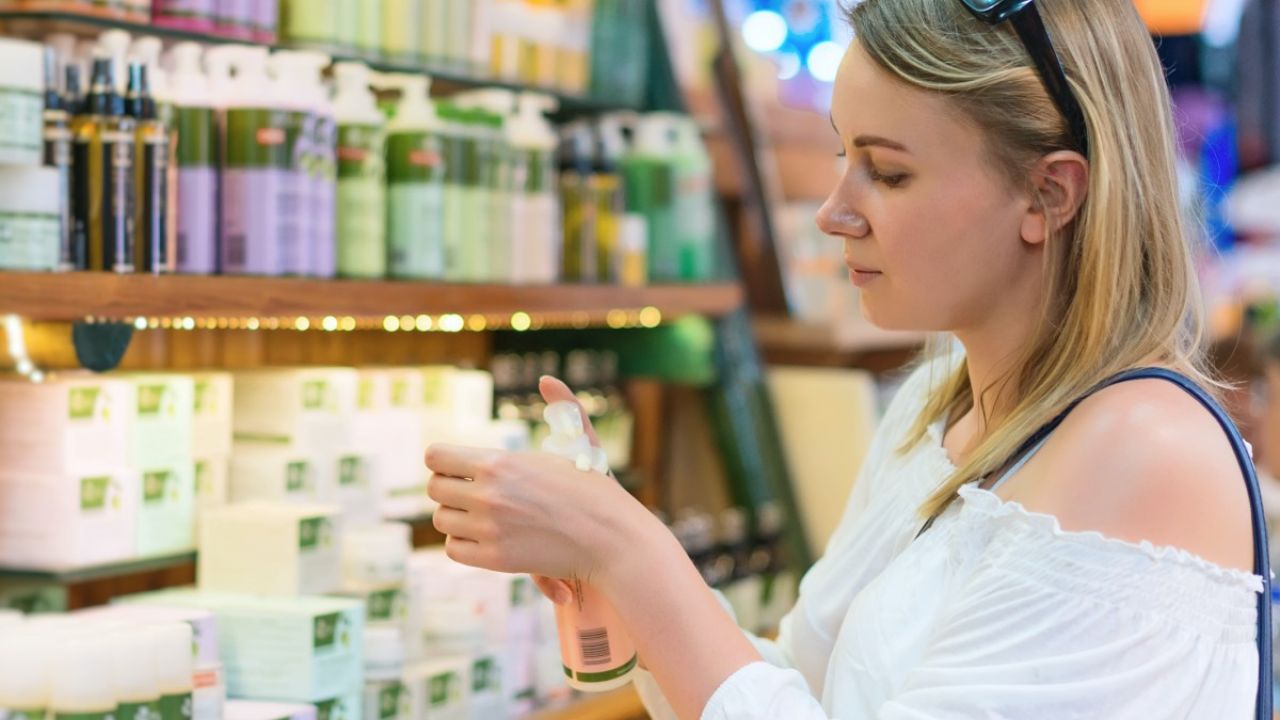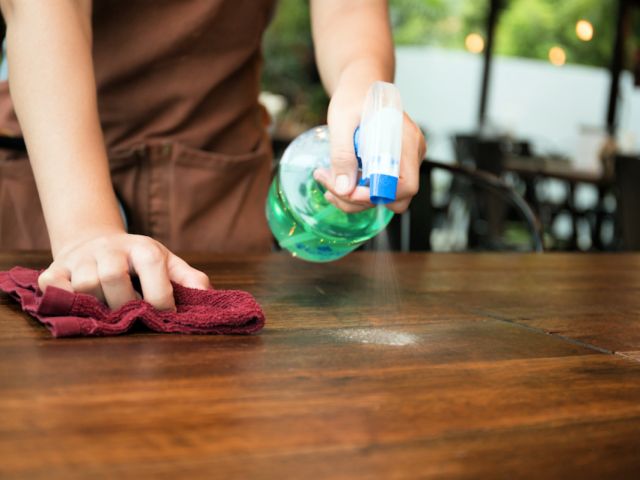
Marketing claims about the source, safety and effectiveness of personal care products and their ingredients often aren’t worth the labels they’re printed on.
Lax federal regulations mean that claims like “natural,” “nontoxic,” “plant-based” and “free of” have no legal basis in the personal care industry. With so many different claims on packages, consumers are often left confused, or even misled, about what’s really in their products.
Here is what you should know about the most common claims.
Natural
Despite widespread use of the term “natural” on personal care products, the Food and Drug Administration has never legally defined the term and has no regulations on its use. What you expect in a natural product may not always match the manufacturers’ use of the term.
Because of increasing consumer demand, the market for natural personal care products is growing. According to the 2017 Green Beauty Barometer survey results, 74 percent of women with children at home, and 60 percent of women without kids at home, claim that purchasing green or natural beauty products was important to them.
A common assumption is that natural products or ingredients are safer than synthetic ones. This is not always the case.
Sometimes natural ingredients are safer and better than synthetic alternatives. But there are many naturally occurring substances that are not safe, and some of them are used as ingredients in personal care products. Most consumers would balk if they saw poison ivy as one of the ingredients in a skin care product, but there is no denying that poison ivy is natural. Other natural ingredients, such as clays, may be contaminated with toxic heavy metals, and some essential oils are potent sensitizing allergens.
In other cases, products that claim to be natural may fall short of that mark – by any definition. A 2008 study by the Organic Consumers Association found an undisclosed carcinogenic petrochemical ingredient in more than 40 percent of products tested that claimed to be natural. In 2016, the Federal Trade Commission filed complaints against four companies that marketed their personal care products as “all natural” or “100% natural” when the products contained a number of synthetic ingredients.
Organic
Organic rules for personal care products are not as straightforward as those for food. The FDA regulates personal care products, but the agency does not regulate the term “organic” for personal care products. Organic claims on cosmetics are regulated by The U.S. Department of Agriculture, and the term only applies to the agricultural ingredients used in personal care products.
Personal care products that are certified to be at least 95 percent organic will bear an official USDA Organic seal. The agency allows two categories of certification to display the USDA Organic seal:
- “100 percent organic,” which indicates that a product only contains organically produced ingredients.
- “Organic,” which signifies that at least 95 percent of a product’s ingredients are organically produced and the remaining 5 percent of ingredients are on an approved list of substances.
In addition to ingredient specifications, products bearing the USDA Organic seal must comply with handling and manufacturing specifications, and the use of genetically modified organisms is prohibited.
Another organic certification found on personal care products is the “NSF contains organic ingredients” seal. This certification is issued by third-party certifiers such as Oregon Tilth and QAI, an organic certification company that is part of NSF International. Products can bear the seal if they meet the NSF/ANSI 305 standard: They must contain at least 70 percent organic content, no genetically modified derived ingredients and no petrochemicals, and they must follow ingredient labeling and manufacturing requirements.
Products that claim to be organic but do not carry an official seal may not meet USDA organic standards. If organic is important to you, don’t rely on the claims – always look for a USDA Organic seal.
Free of synthetics
In the world of cosmetics, synthetics have a negative reputation and many companies now tout that their products are free of these chemicals. But not all synthetically derived ingredients or products are harmful.
In some cases, the damning characterization may be warranted. A number of synthetic chemicals have been linked to cancer, endocrine disruption, developmental disorders and other harmful health impacts. But there are many synthetic chemicals that have not been associated with health harms and that play an important role in personal care products.
Nontoxic, hypoallergenic, gentle
Scientifically speaking, nothing is nontoxic. Even water, in large doses, can be harmful. However, many companies use this claim to suggest that a product is safe. The term is often used alongside claims of a product being nonirritating, hypoallergenic, gentle or all natural.
“There are no Federal standards or definitions that govern the use of the term ‘hypoallergenic,’” according to the FDA. “The term means whatever a particular company wants it to mean. Manufacturers of cosmetics labeled as hypoallergenic are not required to submit substantiation of their claims to FDA.”
How to choose healthier options?
Ultimately, it is up to shoppers to gauge the merit of marketing claims. The best way to know what’s in your products is by reading the list of ingredients. For most people, that can be a daunting task given the complicated chemical names found in many ingredient panels.
But help is available: EWG’s Skin Deep® database identifies less-hazardous products. Skin Deep® rates more than 70,000 products based on the hazards associated with their ingredients.
You can also look for the EWG VERIFIED™ seal, which identifies products that do not contain any ingredients on our unacceptable or restricted lists, fully disclose all ingredients and follow good manufacturing practices. The mark helps consumers easily find products that meet EWG’s most stringent health standards at the point of sale. Click here to see all products that meet the EWG VERIFIED™ standard.
The only long-term solution to properly verify labeling claims is for the FDA to establish labeling definitions and standards for personal care products. Until then, think twice about the words you read in the personal care aisle.



